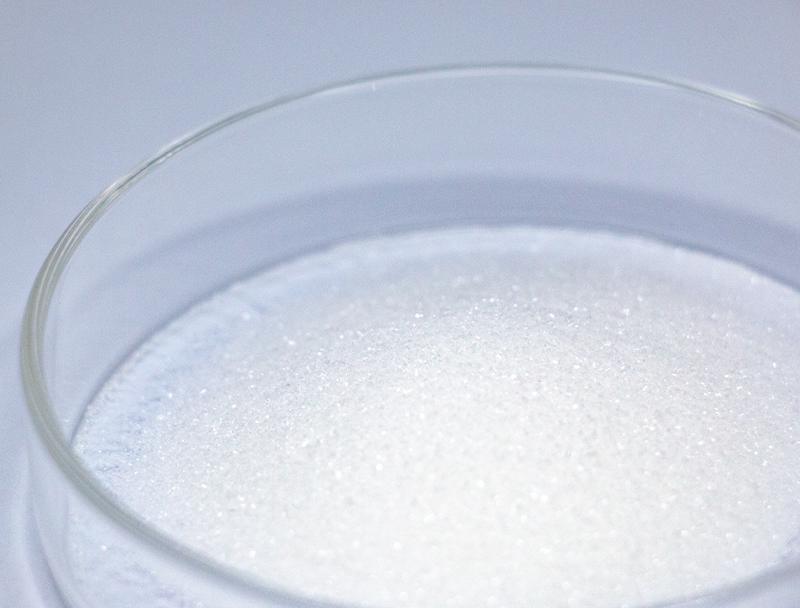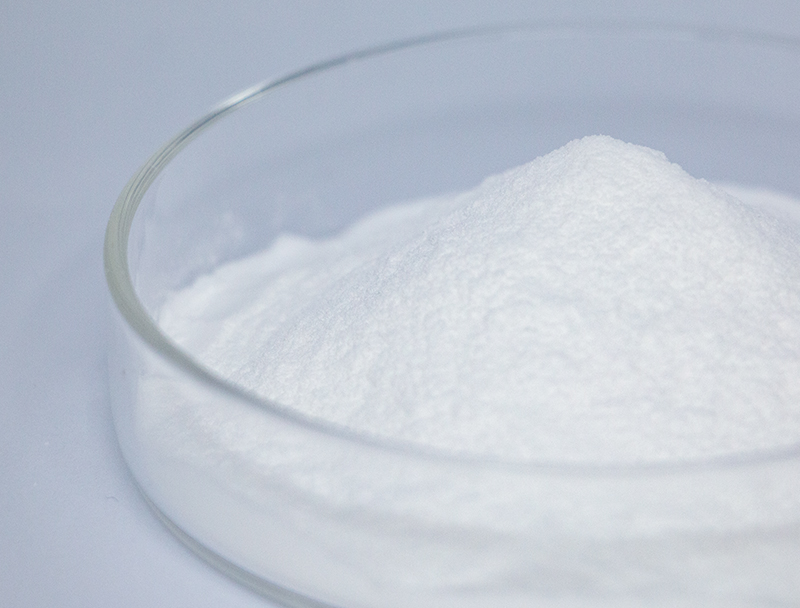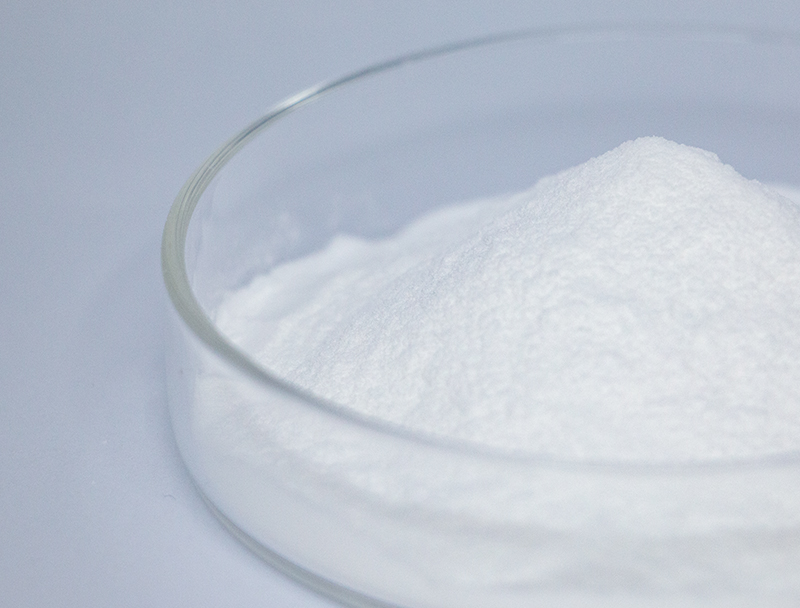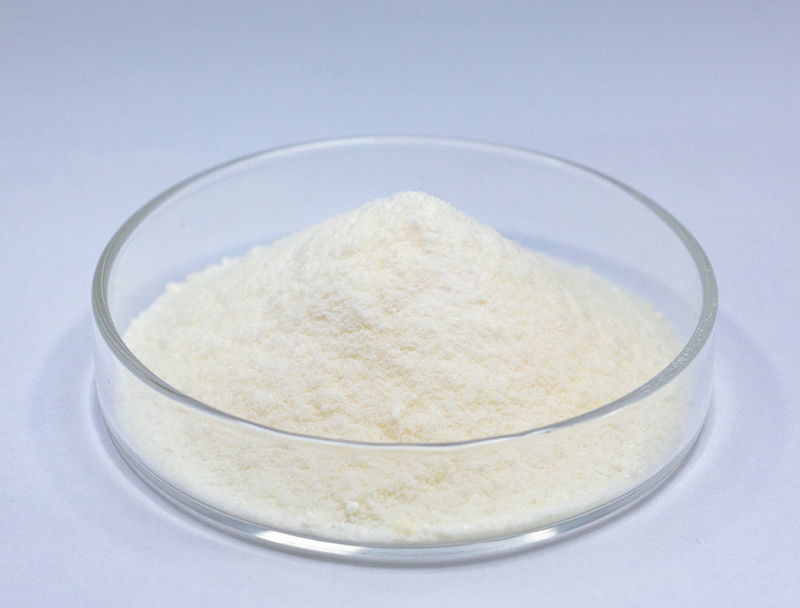
Industrial biosynthesis counts extensively on a wide assortment of base components for generating cutting-edge biobased goods.
Securing ethical acquisition of feedstocks dictates persistent stability and principled industry advancement.
an array of drawbacks from conventional supply chains such as soil erosion and unchecked resource extraction. Therefore, biomanufacturing companies must actively seek out alternative sourcing strategies to minimize their ecological footprint.
- Cases of responsible feedstock strategies feature:
- Applying circular feedstocks from post-harvest streams
- Deploying circular process designs to reduce discard and boost reuse
- Collaborating with regional vendors focused on fair procurement
Adopting sustainable feedstock strategies yields environmental wins alongside fiscal sustainability.
Tuning Feedstock Characteristics for Higher Biofuel Efficiency
Improving fuel production performance hinges on the attributes of biomass inputs. Technologists actively pursue refinements to increase feedstock efficiency, creating higher productivity and an eco-friendlier fuel landscape. Tactics include molecular breeding to increase biomass and chemical or physical pretreatments to release sugars.
- Furthermore, teams search for alternative biomass sources including algal strains, industrial wastes, and crop leftovers to broaden sustainable feedstock options for fuels.
- By means of ongoing innovation the biofuel sector can achieve substantial advances soon, shaping a cleaner energy future.

Advances in Biopharmaceutical Manufacturing: Focus on Upstream Operations
includes primary operations from inoculation through cell collection Contemporary breakthroughs have refined protocols and elevated product throughput.
Crucial progress includes proprietary cell systems, optimized growth media, and adaptive bioreactor architectures. These innovations not only enhance productivity but also minimize production costs and environmental impact.
- In addition, momentum toward nonstop processing offers improved flexibility and optimized operational flow.
- Implementing cutting-edge manufacturing technologies will probably redefine workflows and accelerate innovation.

Next-Gen Gene Editing for Enhanced Protein Expression
improvements in molecular editing platforms like CRISPR have updated therapeutic production processes. By accurate genomic tuning, developers enhance yields of critical biopharmaceuticals. These methods could enable production of accessible and efficient medicines tackling diverse health challenges.
Biodegradation Strategies Using Targeted Microbial Cultures
state-of-the-art biological cleanup solutions using targeted microbial actions. Certain microbes have capacities to biotransform contaminants into nonharmful forms.. Utilizing microbial metabolism supports eco-friendly site cleanup methods that limit secondary harm from remediation.. Scientists are actively exploring a wide range of microbial species with diverse metabolic capabilities to target various pollutants, including heavy metals, pesticides, oil spills.. Microbial cultures can function in contained bioreactors or be deployed onsite to facilitate biodegradative remediation..
Microbe-based remediation provides compelling advantages over standard remediation methods. This method provides a low-cost, low-waste alternative to conventional remediation. Also, microbial interventions offer targeted remediation that minimizes collateral ecosystem disturbance. The domain advances quickly, concentrating on raising reliability and performance of microbial cleanup methods.
Computational Biology in Drug Discovery
Bioinformatic tools play an increasingly crucial role in the modern landscape of drug discovery and development. By leveraging complex datasets, bioinformatics expedites discovery and optimizes candidate safety and potency.
- Using extensive genomic, proteomic, and patient data, analysts discover targets and anticipate therapeutic performance.
- Concurrently, virtual screening and simulation shape the development of more effective therapeutics.
- To conclude, computational approaches are revolutionizing discovery and reducing time-to-patient for effective drugs.
Optimizing Metabolism to Increase Bioproduct Production
adopts varied approaches to raise biosynthetic yields of beneficial compounds. Programs use genetic redesign of metabolic networks, dynamic regulation of expression, and addition of heterologous genes to unlock new capabilities. By refining pathway flux and regulation engineers can significantly raise bioproduct production.
This broad strategy is positioned to innovate sectors including pharmaceuticals, crop science, and bioenergy.

Scaling Biopharma: Difficulties and Strategic Opportunities
Expanding production volumes poses difficult barriers yet offers substantial opportunities. Ensuring product consistency at larger manufacturing scales represents a major hurdle. Managing it necessitates robust automation, high-fidelity monitoring, and powerful analytical capabilities.

The multi-faceted nature of production steps adds complexity to scaling efforts. Converting small-scale procedures to plant-scale operations necessitates extensive innovation and optimization.. Nonetheless, the advantages can be major. Achieved scale can widen availability of treatments, lower manufacturing costs, and boost financial returns.
Numerous initiatives aim to tackle these scaling challenges. Approaches include cutting-edge process optimization tech, comprehensive analytics for control, and disruptive manufacturing designs.
- R&D initiatives significantly drive enhancements in manufacturing capacity.
- Regulatory agencies are working to streamline approval processes for new manufacturing technologies, facilitating innovation in the field.
Charting Regulatory Pathways for Biologics to Safeguard Patients
The development of biopharmaceuticals is a complex process that requires stringent regulatory oversight to ensure both patient safety and product efficacy. Biologically based treatments require tailored oversight and production controls beyond those for typical medicines.
Authorities including the FDA and EMA implement guidelines and thresholds to assess and approve novel biologic products.
Extensive evaluation procedures are essential across development phases, spanning preclinical work to post-market checks.. The measures work to spot potential hazards and validate that therapies reach demanding safety levels..
Similarly, regulators iteratively adjust approaches to accommodate emerging biopharmaceutical breakthroughs.. Initiatives cover incorporating new methods and supporting faster development while ensuring patient protection.

Assessing Plant Biomass Pathways for Bioplastic Innovation
Heightened demand for sustainable products accelerates efforts to develop renewable material alternatives. Bioplastics produced from plant biomass form a compelling option for lowering environmental footprint. Renewable inputs including cornstarch, cellulosic matter, and sugarcane biomass can be processed into biodegradable plastics that minimize long-term pollution.
Additionally, many plant-based bioplastics show performance characteristics similar to conventional plastics for numerous uses.. Continuous development will unlock plant biomass value for sustainable bioplastic production and support circular systems.
Biotech Contributions to Global Health and Crop Productivity
Biotech provides transformative capabilities that can change healthcare outcomes and strengthen food systems. Applying targeted genetic edits, synthetic biology frameworks, and cellular therapeutics, practitioners produce measures to address infectious disease, boost harvests, and upgrade nutritional content.. As an example, crop genetic improvements for pest and stress resistance help boost production and cut dependence on chemical pesticides.. Likewise, biotechnology enables new vaccines, novel therapeutics, and improved diagnostics essential to global disease mitigation and better health.. Going forward, advancements in biotechnology are likely to yield interventions that improve health 4-Aminobutyric acid and advance sustainable food systems globally.
